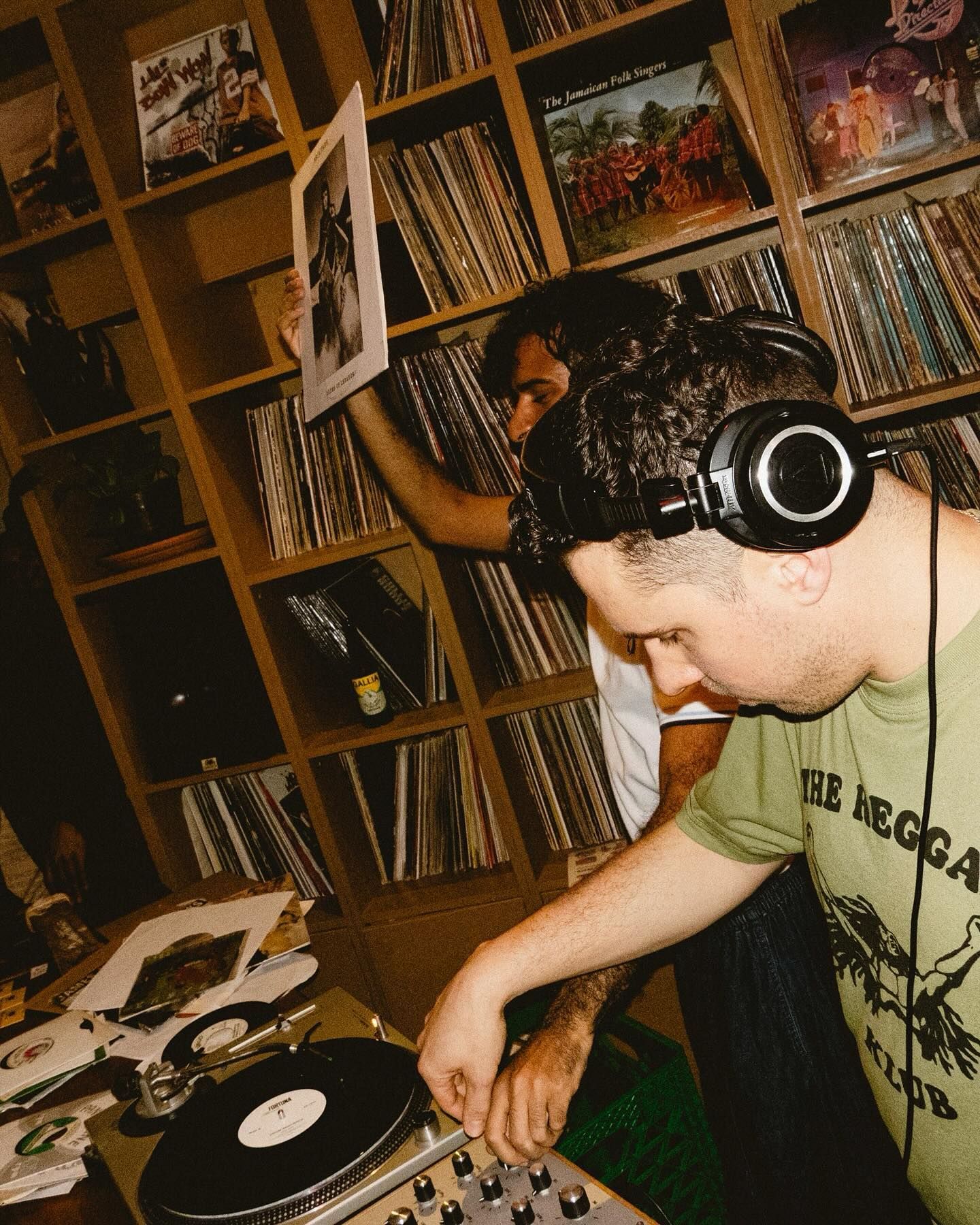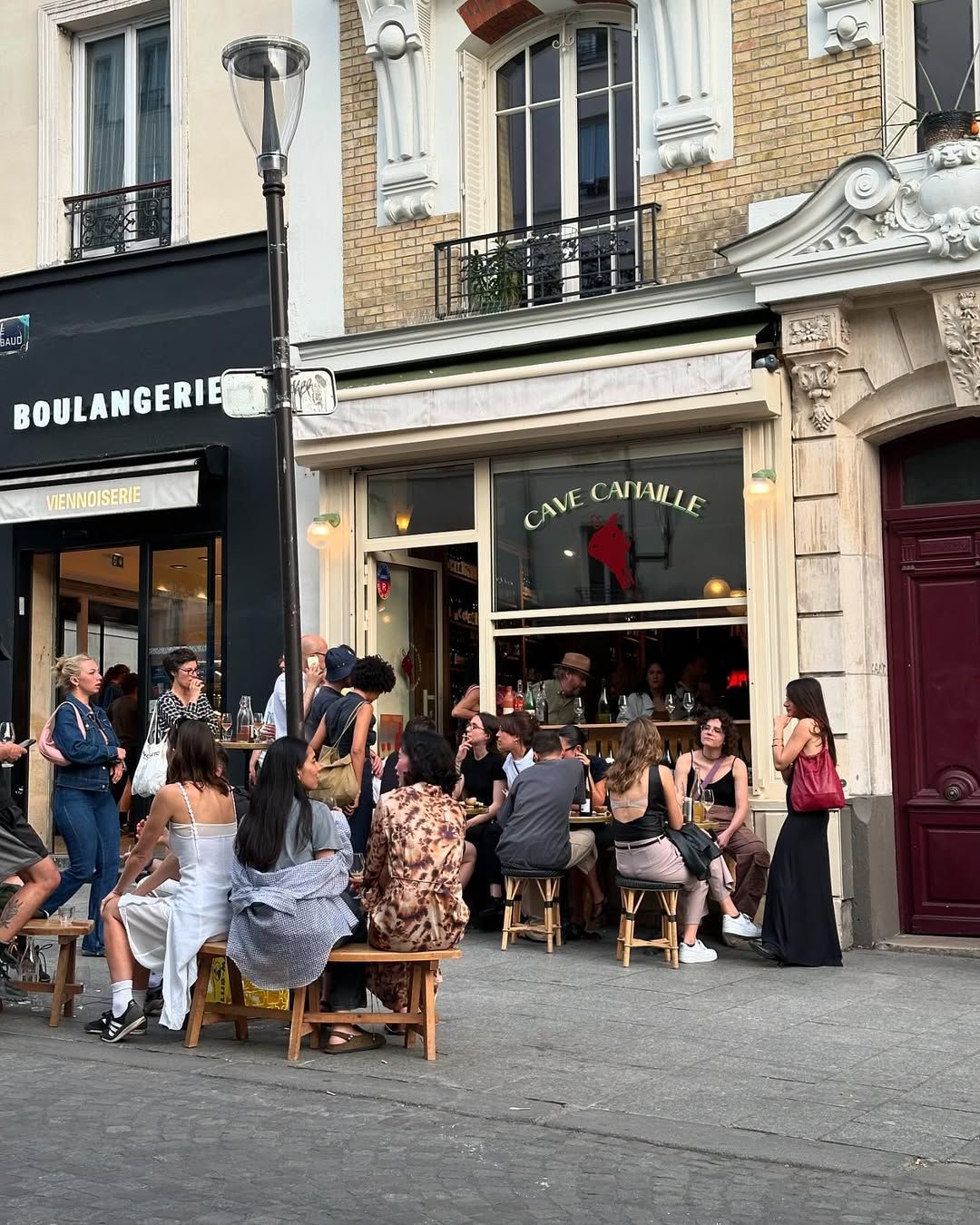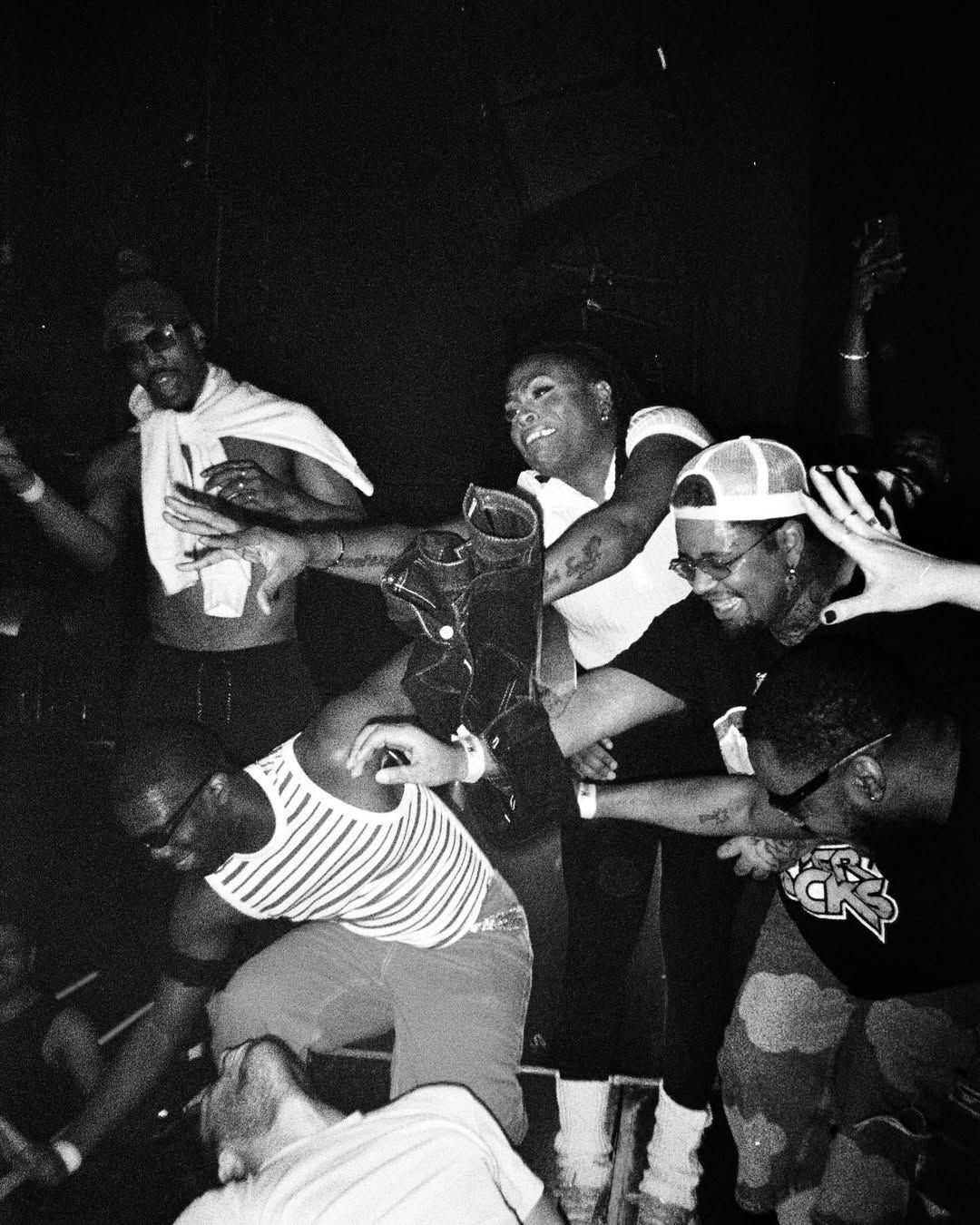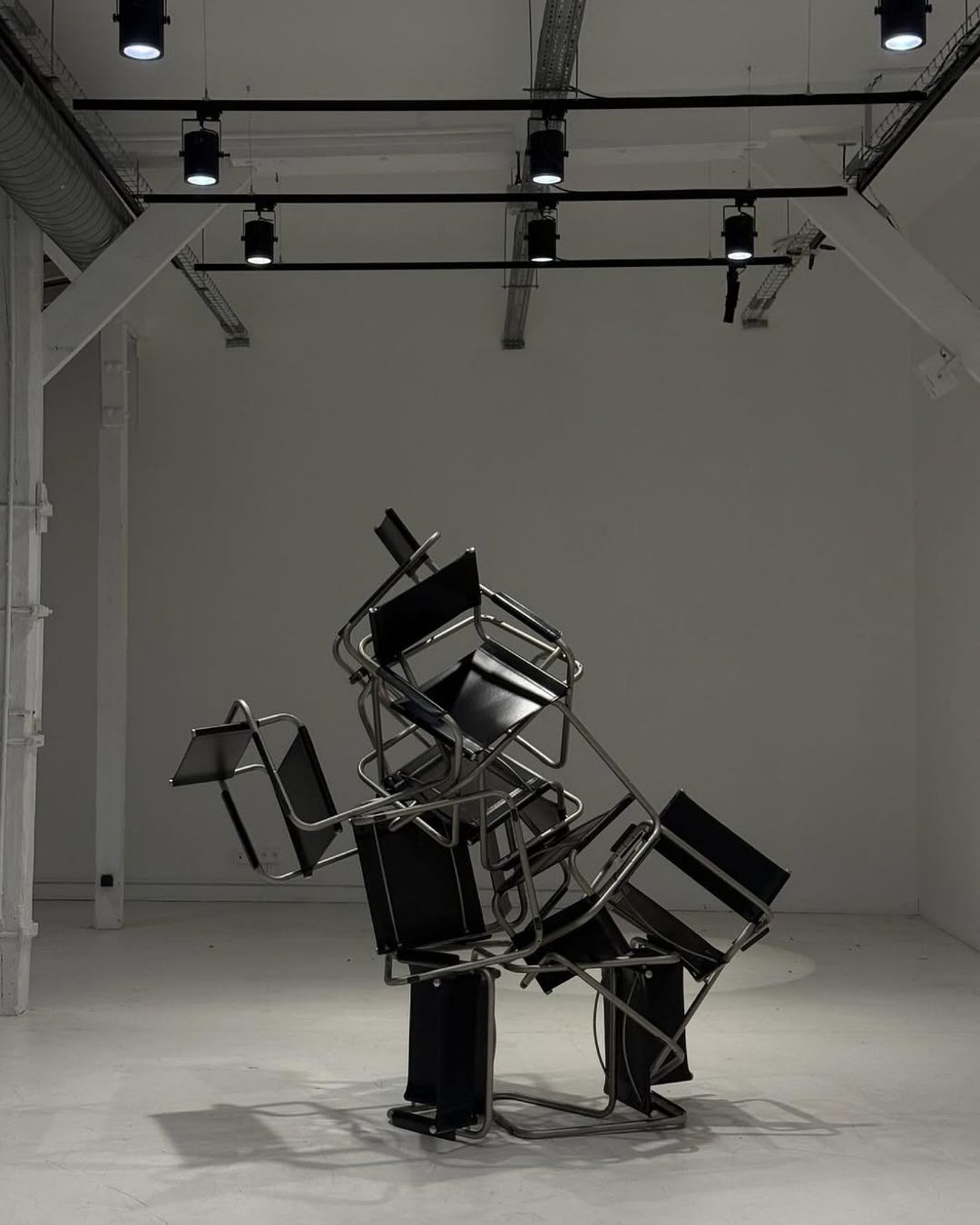
The Paris Syndrome, between dream and delusion The French capital apparently doesn't live up to the ambitions placed in it
The Paris Syndrome, an intriguing phenomenon that sparks as much fascination as skepticism. At the intersection of dream and disillusionment, this syndrome has made its way into the collective imagination, notably through its virality on social media. But what exactly is the Paris Syndrome? The earliest written traces theorizing this phenomenon date back to the writings of Freud. In 1885, during his installation in the capital to pursue his studies, his initial enthusiasm quickly turned into profound disgust. In his own words, he expressed: "Here I feel isolated as on a deserted island in the middle of the ocean and I long for the moment when the boat will come again to assure communications with the rest of the world." A sentiment as paradoxical as it is universal, which seems to contradict the vibrant and dynamic image associated with the capital. Yet, this feeling of loneliness resonates with many visitors to Paris, confronted with the reality often far from high expectations.
Vous avez entendu parler du "syndrome de Paris" ? Les touristes japonais qui, dégoûtés par Paris (parce qu'ils croyaient arriver dans Amélie Poulain), sombreraient dans la dépression. Et bien en fait, ça a tout de la légende urbaine. pic.twitter.com/J1ke3a3kMp
— Julien Pain (@JulienPain) April 26, 2024
A century later, it was Dr. Hiroaki Ota, a Japanese psychiatrist, who delved into the emerging phenomenon of the "Paris syndrome." Working at the Sainte-Anne Hospital in Paris, he faced a notable increase in Japanese patients presenting severe psychological symptoms during their stay in the French capital. Among these symptoms were anxiety attacks, behavioral disorders, and even delusional attitudes. Dr. Ota then set out to examine the ins and outs of these intense psychological reactions among Japanese tourists visiting Paris. Through his research, Dr. Ota also explored the medical and psychiatric histories of patients, seeking to establish correlations between these factors and the development of the Paris syndrome. However, the validity of this syndrome itself is questioned by some researchers, who suggest that it could be attributed to factors other than tourists' experiences in Paris. Among the criticisms raised is the idea that patients affected by the Paris syndrome often have pre-existing psychiatric histories, such as schizophrenia, suggesting that the syndrome could be a manifestation of their underlying disorders rather than a specific reaction to Paris. Nevertheless, Dr. Ota's work has sparked considerable interest in the field of transcultural psychiatry and has paved the way for broader discussions on the effects of cultural shock and the idealization of tourist destinations on travelers' mental health.
To understand this complex phenomenon, it is imperative to focus on the idealized image often conveyed by the French capital. This representation, amplified by media and cinema, plays a significant role in the genesis of the Paris syndrome. For decades, Paris, the City of Light, has been depicted as a romantic place, steeped in rich history, culture, and glamour. Iconic cinematic works such as "Amélie Poulain" (and "Emily In Paris" today) have greatly contributed to this idealized representation, shaping the expectations of international visitors. However, the reality of Paris clearly does not match this glamorous image conveyed by the media. Tourists arriving in Paris may encounter a noisy, sometimes dirty city, marked by striking socio-economic contrasts. Contrasts between idealization and reality that can create cognitive dissonance among some travelers, confronting them with a violent cultural and emotional shock. Furthermore, the language barrier and cultural differences can amplify feelings of disorientation and disappointment among foreign visitors, especially Japanese tourists, whose expectations at the time were often very distant from the reality of Paris. While concrete cases of people affected by this phenomenon exist, the fundamental question remains unresolved as to whether the recognition of the Paris syndrome as an established psychological reality or mere urban legend, fueled by cultural perceptions and narratives. From Sigmund Freud to some Japanese tourists, this insidious ailment seems to grip many non-Parisians, even those who have made the journey to the capital with irrevocable enthusiasm. This inevitably raises a question: will spectators of the Olympic Games also be subject to this alleged Paris syndrome?















































